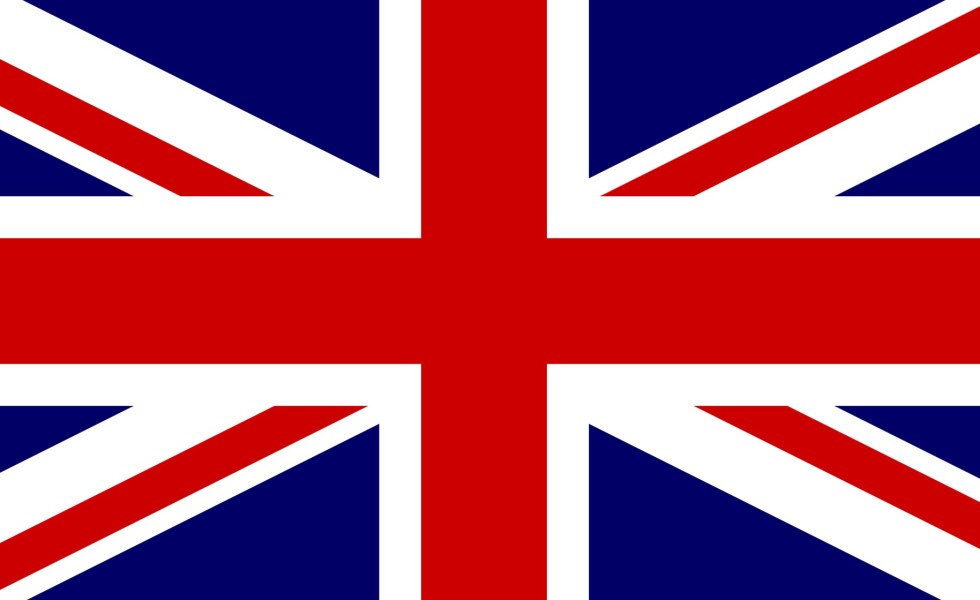Brexit, Boris, and Boxing In UK Farmers
Posted on February 6, 2020

Events, like stars, can at times align just enough for you to glimpse your destiny. If you’re lucky, that sneak peek is the critical break you need for success; if you’re unlucky, the starry view spins off into the universe unseen.
Farmers in the United Kingdom (UK) got that peek after the June 2016 vote that approved Great Britain, Scotland, and Northern Ireland’s exit—or Brexit—from the rule-heavy, bureaucratic European Union (EU). The glimpse wasn’t exactly pretty but UK farmers, tired of EU rules and restrictions from Brussels, favored Brexit by a large majority.
Last December, that vote was reaffirmed by Prime Minister Boris Johnson’s sweeping Conservative Party win in national elections. A week later, Parliament set Jan. 31 as Brexit’s “leave date.” It also gave Johnson wide latitude to negotiate bilateral trade deals with both the 28-nation—soon to be 27—EU bloc and the UK’S closest ally, the United States.
Johnson announced he’d have trade treaties with both (claiming a U.S.-UK deal will lead the way) in place by Dec. 31. It was brash talk for the straw-haired wunderkind who rose from mayor of London to the toast of London in just three years. It was, however, exactly what UK farmers and manufacturers wanted to hear.
But talk, even in proper English, is cheap and Johnson’s unrealistic timetable didn’t address UK agriculture’s two, key concerns: What will he do to ensure farmers aren’t shut out of European markets—that gobble up 60 percent of current UK ag exports—while also protecting domestic markets against cheap food imports even as trade negotiations proceed?
UK farmers should be concerned, writes Joe Stanley, a “third generation arable and beef farmer” in Leicestershire, in the Jan. 14 issue of Farmers Weekly, an authoritative UK farm publication.
“According to official statistics,” he notes, “16% of farms made losses between 2014 and 2017. A quarter of farming households live below the poverty line, 61% of farm income derives from direct payments and 86% of total farm profits consist of CAP support.”
Those last two points are buckets of cold water on what farmers now want Parliament to provide to stay even with their soon-to-be competitor neighbors who continue to float on the EU river of Common Agricultural Policy, or CAP, payments UK farmers are about to give up.
What will they do? What would you do it if, like those farmers, 86 percent of your farm’s total profit vanishes Jan. 31?
Facing that cliff, why exactly did UK farmers heavily favor Brexit?
Because, Stanley explains, those very same figures represent an unwelcome, crippling dependency: “…many farmers live a desperate existence, kept afloat only by the current level of support from the CAP.”
And, under CAP, “The price we receive for a tonne of wheat hasn’t changed since the 1980s, yet the percentage of disposable household income spent on food has fallen from 30% to 8%… This is a terrific achievement—borne by the overdrafts of farmers.”
As such, Stanley surmises, the real problem isn’t the EU or its CAP; “(I)t’s public demand for ever-cheaper food.”
Exactly so, but jumping out of CAP with no alternative in place is either a supreme act of faith or an extreme act of foolishness. Prime Minister Johnson has promised to step into the breach, Stanley wryly notes, with a new program to “end direct support for farmers, replacing it with as-yet-amorphous (but much reduced) ‘public money for public goods.’”
Right now, however, Johnson’s promises are political fog. Worse, a trainload of trouble is headed his way. A Jan. 10 analysis by Bloomberg Economics shows Brexit has cost the UK economy $170 billion already and, by year’s end, that cost will rise to a staggering $260 billion.
That means sometime in June, Brexit’s opening costs to the UK will surpass its net, 47-year contribution—about $230 billion—to the EU.
After that they’re in uncharted space searching for stars to show them a way home.
© 2020 ag comm

I’ve learned quite a bit by reading your column and encourage my farm friends to read it also. They refuse because even though they are supposedly losing money farming they strongly support the POTUS who makes choices which cause some of their issues. Maybe they don’t want to know the truth. I especially encouraged them to look at the dollar amounts the big farm corporations received from the trade deficit pot of gold for farmers who were affected by the trade war.
It is beyond my comprehension as to why the family farmers who are hurt by the commodity surpluses don’t want to hear or read the facts and know the truth.
Also want to tell you I enjoy reading how you talk about your lovely wife Catherine and sometimes cry when I read your tribute to Howard.
You are a man of character, something we desperately need in our politicians.